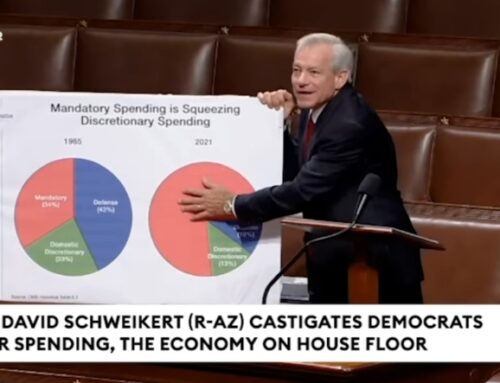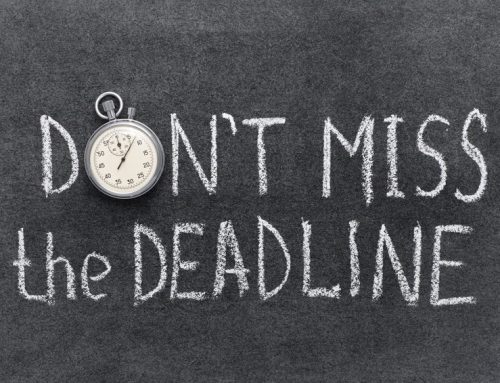Two days after the historic midterm election, syndicated columnist George Will wrote an insightful op-ed about the deeper meaning of the resounding conservative victory. He included comments on the problem of what has been called the ruling class or the elites, the rulers championed by progressives (who constitute most of today’s liberals). Will said, “The point of progressivism is that the people must progress up from their backwardness. They cannot do so unless they are pulled toward the light by a government composed of the enlightened—experts coolly devoted to facts and science.”
He quoted George Mason University economist Don Boudreaux:
(Liberal) ideas are almost exclusively about how other people should live their lives. These are ideas about how one group of people (the politically successful) should engineer everyone else’s contracts, social relations, diets, habits, and even moral sentiments….(The ideas of liberalism are) about replacing an unimaginably large multitude of diverse and competing ideas . . . with a relatively paltry set of ‘Big Ideas’ that are politically selected, centrally imposed, and enforced by government, not by the natural give, take and compromise of the everyday interactions of millions of people.
Will concluded:
This was the serious concern that percolated beneath the normal froth and nonsense of the elections: Is political power—are government commands and controls—superseding and suffocating the creativity of a market society’s spontaneous order? On Tuesday, a rational and alarmed American majority said ‘yes.’





